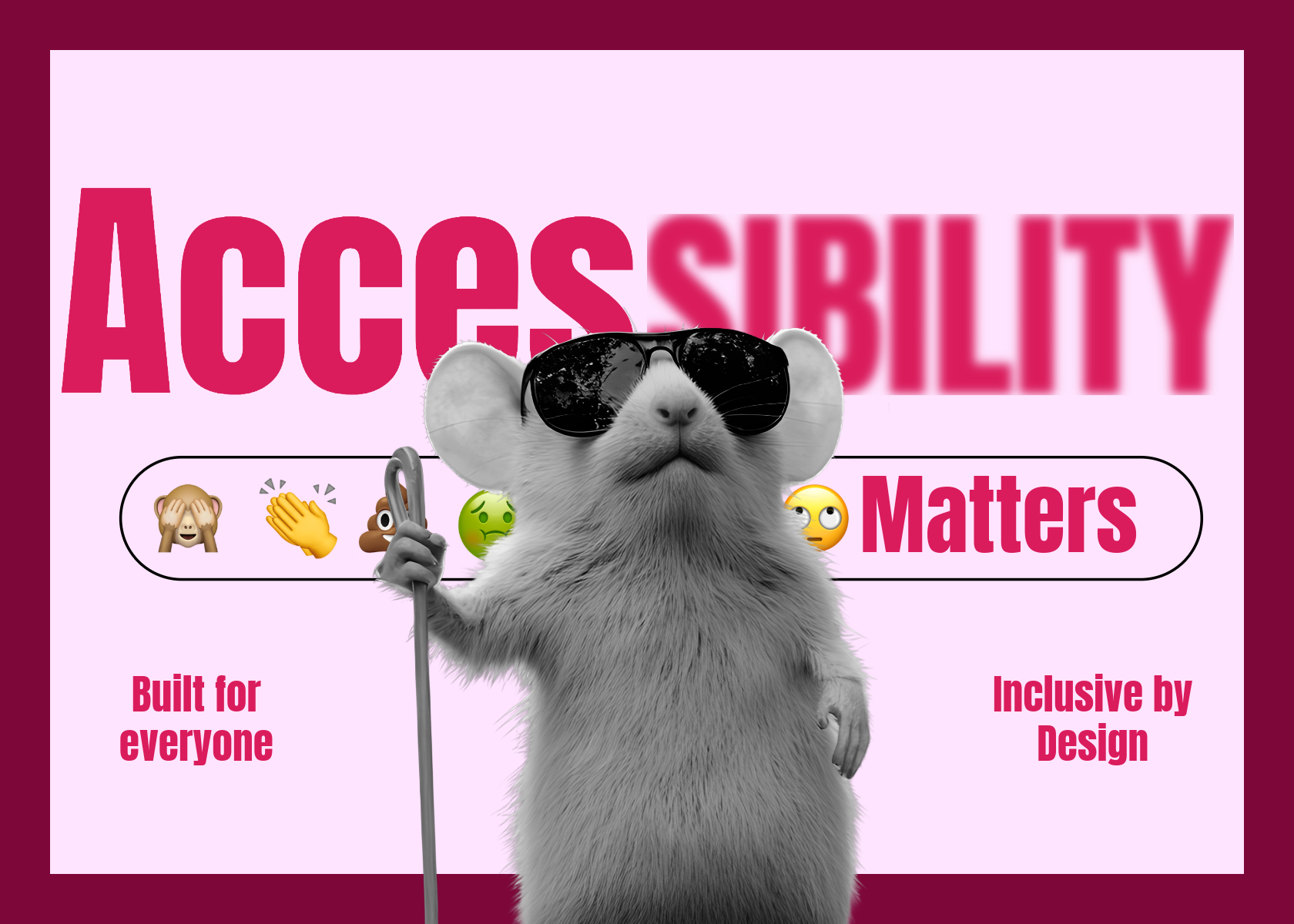Should you name your business after yourself? The pros and cons of personal branding
Deciding on a business name can be challenging at the best of times, and whether to name your business after yourself introduces its own set of complexities. Luckily, I’ve navigated this path myself, both with personal branding and without, soallow me to fast-track you to success… or at least nudge you in the right direction.
The Pros of Using Your Own Name in Business
Quick and Easy to Get Started
Choosing your own name can be the simplest and fastest route when launching a business. Coming up with a unique name can be enjoyable yet infuriating, often taking more time than anticipated. For businesses that need to get off the ground quickly, using your personal name is an immediate solution.
In the early stages, it’s crucial to focus on action rather than getting bogged downin endless brainstorming sessions. And remember, just because it’s your name doesn’t mean you can’t create a distinct brand identity, and all companies should rebrand to stay fresh. [Logo and Branding Services]
Building Authority and Trust
Using your name can help establish your authority in your field. In certain industries—particularly those rooted in personal expertise or craftsmanship—your name can convey transparency and build trust with clients. Many individuals prefer hiring people rather than faceless companies, and a personal name can foster that connection early on.
This strategy works particularly well in service industries such as consulting and creative fields, where your personal reputation is integral to your business offering. In my experience, embracing my name in my first freelance venture allowed me to forge stronger relationships with clients, as they felt they were interacting with a real person rather than merely a company.
By using your name, you position yourself as a trusted expert in your domain. Over time, your name becomes synonymous with the value you provide, helping you stand out in a competitive market. Clients feel a deeper connection when they know exactly who they’re dealing with.
Your Name Allows for Easy Personal Referral
One significant advantage of naming your business after yourself is the ease of referrals. When someone recommends a personal service, they’re often more likely to remember the person than a company.
This memorability plays a crucial role in word-of-mouth marketing. If someone has a positive experience with you and can easily recall your name, they’re more inclined to share it. It creates a personal connection that can be harder to establish with a company name alone.
Additionally, using your name can instil a sense of consistency in service. When a friend refers you by name, there’s an unspoken assurance that they expect you to provide the same quality of service they received. By associating your name with your business, you’re not just building your brand; you’re also nurturing a personal connection that encourages referrals and repeat business.
The Pros of Using a Fictional Name in Business
Scope and Flexibility
While using your own name can offer personal advantages, it may not provide the broader scope needed for long-term growth or change. A fictional business name often carries more weight in the professional world, giving the impression of a larger, more established entity. Clients and other companies might perceive a branded name as more capable of handling complex projects or larger-scale operations, lending your business greater credibility and authority.
Additionally, a fictional name allows for flexibility if you decide to diversify or pivot your business in the future. When your business is tied to your personal name, it can be harder to transition into offering new services or moving into different markets without losing brand recognition. A distinct brand name gives you the freedom to evolve without the limitations of being associated with a single individual or expertise. It helps create a foundation for a broader, more adaptable identity, making it easier to shift focus as opportunities arise.
Blurred Boundaries Between Personal and Professional Life
Naming your business after yourself can lead to a confusing overlap between your personal and professional identities. This became evident for me when I tried to transition away from my first freelance venture; my personal identity had become deeply entwined with my work. It can be challenging to disentangle yourself from your business, especially if it feels like a part of who you are.
You may value the ability to separate your work from your everyday personal life. Running a business can be gruelling, and a degree of separation between your professional obligations and your personal time could provide a healthier work-life balance.
Difficulty in Future Commercialisation
Using your own name may initially work well as a sole trader, but it could hinder your efforts as your business grows. A personal name may convey a singular identity that feels less appropriate when you start employing others or diversifying your offerings.
If you want to broaden your services or target a wider audience, a name tied solely to your identity could limit your appeal and marketability. This perception can make it harder to scale up, form partnerships, or prepare for a potential sale.
As always, there are exceptions to these “rules.” Dave may not want to buy Neil’s Window business, but it never stopped McDonald’s.
Conclusion: The Name Matters Less Than the Brand
Naming your business after yourself can be a powerful personal branding tool, helping you build trust and authority. However, it also presents challenges—particularly concerning growth and the separation of personal and professional identities.
Whether you opt for your own name or a company name, the key lies in how you present it. Strong branding, a professional marketing strategy, and a clear visual identity will ultimately define your success. Don’t get too hung up on the name—focus on building a brand that people trust and remember. [Design Services]
If you’re still struggling, consider consulting a team that understands both business and design. Or, as we like to say, don’t fumble it, Mumble it!






